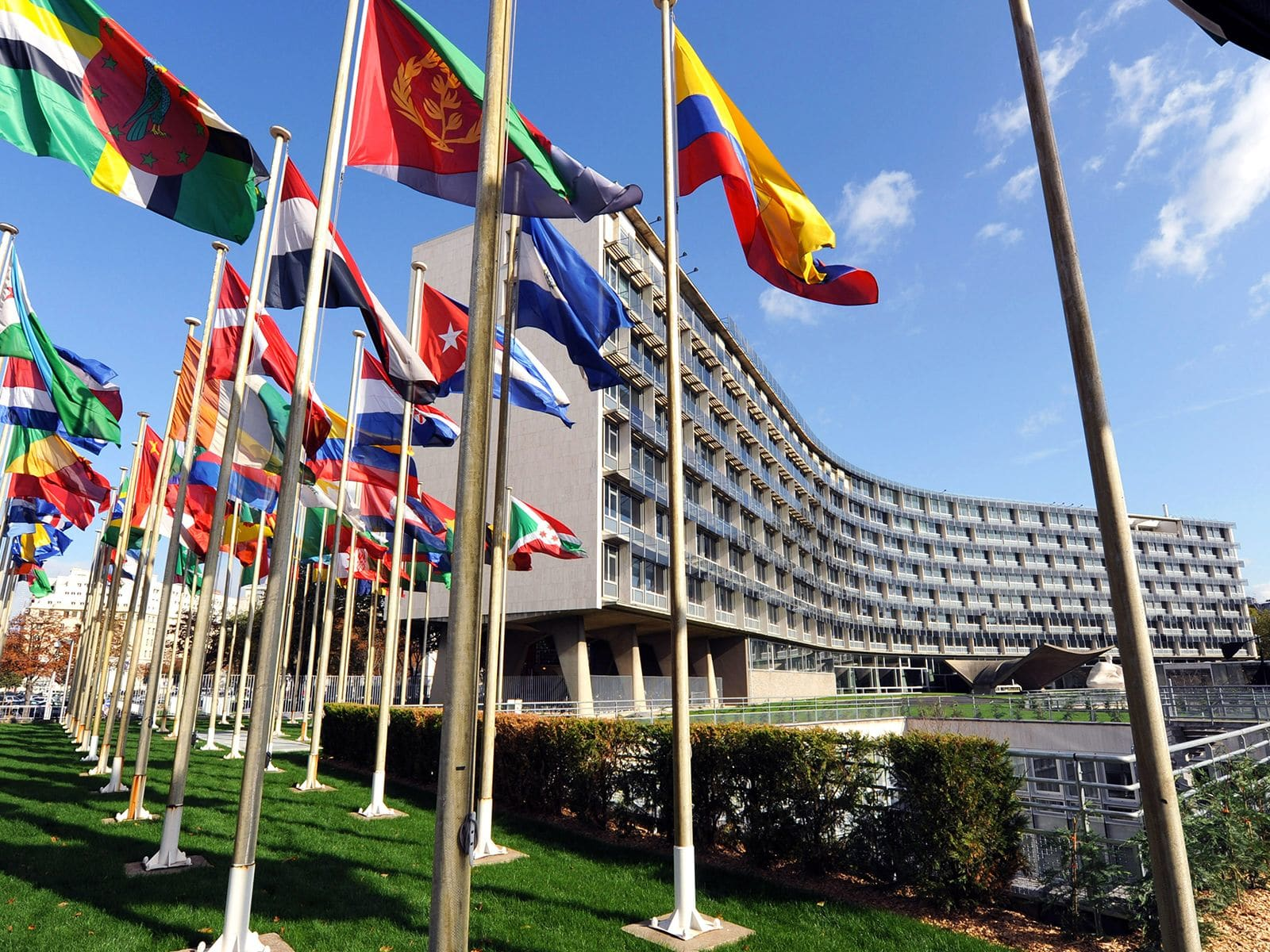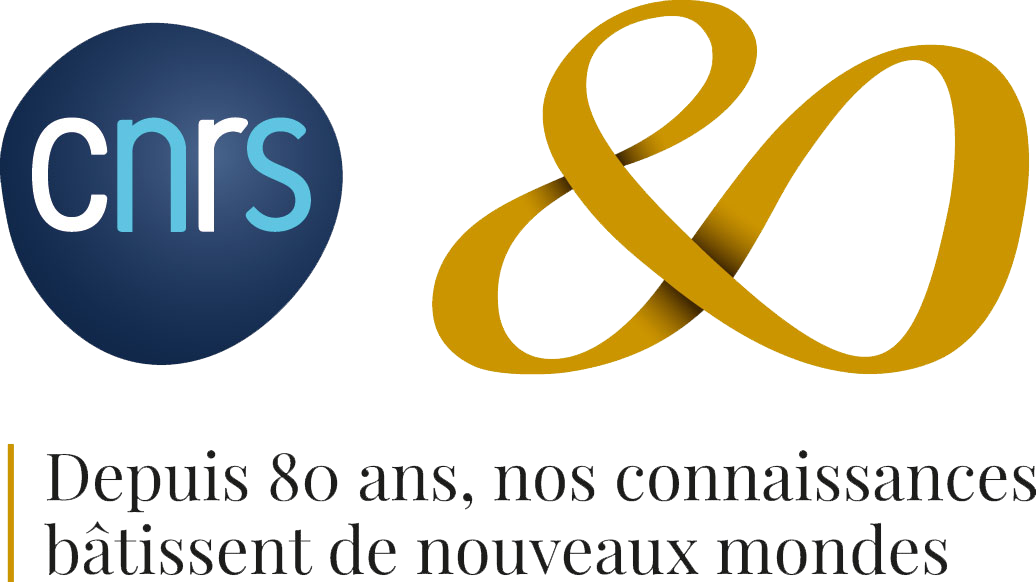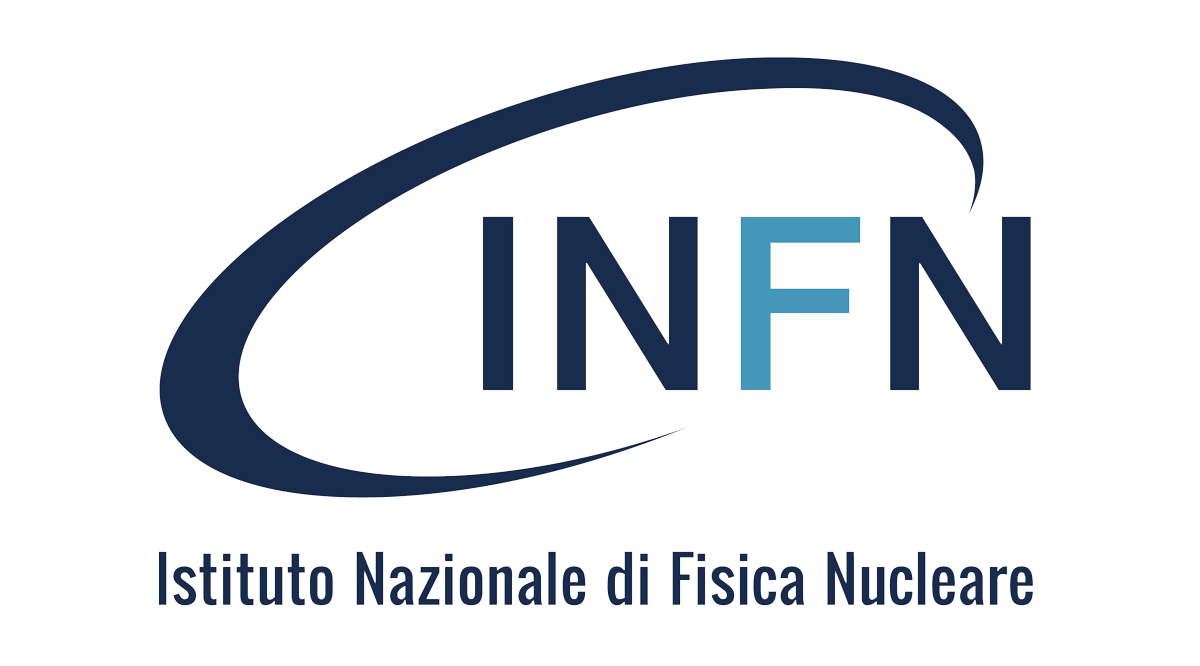Today is the official start of the program of scientific activities, events and conferences of the International Year of Basic Sciences for Sustainable Development 2022 , proclaimed by the United Nations last December, following an earlier resolution adopted by the UNESCO General Conference.
This aims to explore the role of Basic Sciences in implementing the Agenda 2030 for Sustainable Development, the program that the Member States of the United Nations have agreed on to ensure a balanced, sustainable and inclusive development of the planet.
An ambitious project, in whose steering commits EGO is participating along with CERN, IUPAP, INFN, APPEC and many other international scientific unions and research organizations from different parts of the world. Over 90 national and international science academies, learned societies, scientific networks, research and education centers are also supporting this initiative. They will organize events and activities all over the planet during this special year, to showcase and improve the links between basic sciences and the 17 SDGs.
The Opening Ceremony, being held today at UNESCO headquarters in Paris, will see the participation of eminent personalities from the world of science and politics and was opened this morning by a panel discussion on the role of basic science, with the participation of the ministers for Science and Technology of China, Cuba, Honduras, South Africa, Vietnam and Singapore, Nobel laureates in Physics Giorgio Parisi and Serge Haroche, and the former CERN general director Rolf-Dieter Heuer.
Nobel laureate for the discovery of gravitational waves Barry Barish will also participate in the afternoon discussion on the role of basic science in developing society. The whole ceremony program and online streaming can be accessed at https://www.iybssd2022.org.
The IYBSSD’s program of activities will include scientific conferences, events dedicated to policymakers and stakeholders, as well as a general audience, in various countries on five continents, and will touch on different disciplinary areas of fundamental research, from biology to physics, from neuroscience to social sciences and technological innovation. Universities, research centers and institutions, international and national non-governmental organizations, individuals and the private sector can still apply to the call for proposals of the IYBBSSD program, with the common goal of raising awareness of the importance of basic sciences for sustainable development.
Following the UN resolution the IYBSSD program aims to stress ‘the high value for humankind of basic sciences’ and to enhance ‘the global awareness of the fact that basic sciences are vital to attain sustainable development and to improve the quality of life for people all over the world’. Furthermore, IYBSSD activities will foster the possibilities for scientists, policymakers, and stakeholders to share the perspective that ‘basic sciences and emerging technologies respond to the needs of humankind by providing access to information and increasing the health and well-being of individuals, communities, and societies’.
The successes and difficulties of the global fight against the COVID-19 pandemic have been for two years a stark reminder of the importance of basic sciences, such as (but not limited to) biology, chemistry, physics, mathematics and anthropology.
“In order to study the cosmos, astroparticle observatories , and especially gravitational wave interferometers , require the study and knowledge of the environment in which they are immersed – said Stavros Katsanevas, EGO director – This also makes them extraordinary antennas listening to the earth, the atmosphere, the sea, able to contribute in a natural way to the great global challenges related to sustainability and climate change. Furthermore, gravitational wave observatories, through their organisation as a global network sharing low latency alerts, develop technologies that can be useful for the early warning of natural catastrophes.
The Ligo-Virgo-KAGRA management teams are scheduling days of study and also communication with the public, along the 3 continents, inside the framework of IYBSSD, an extraordinary and vital initiative to which we are honoured to contribute to.”
Contacts
Via E. Amaldi,5
56021 Cascina (PI) – Italy
Tel +39 050 752511
Contact us
How to reach us




